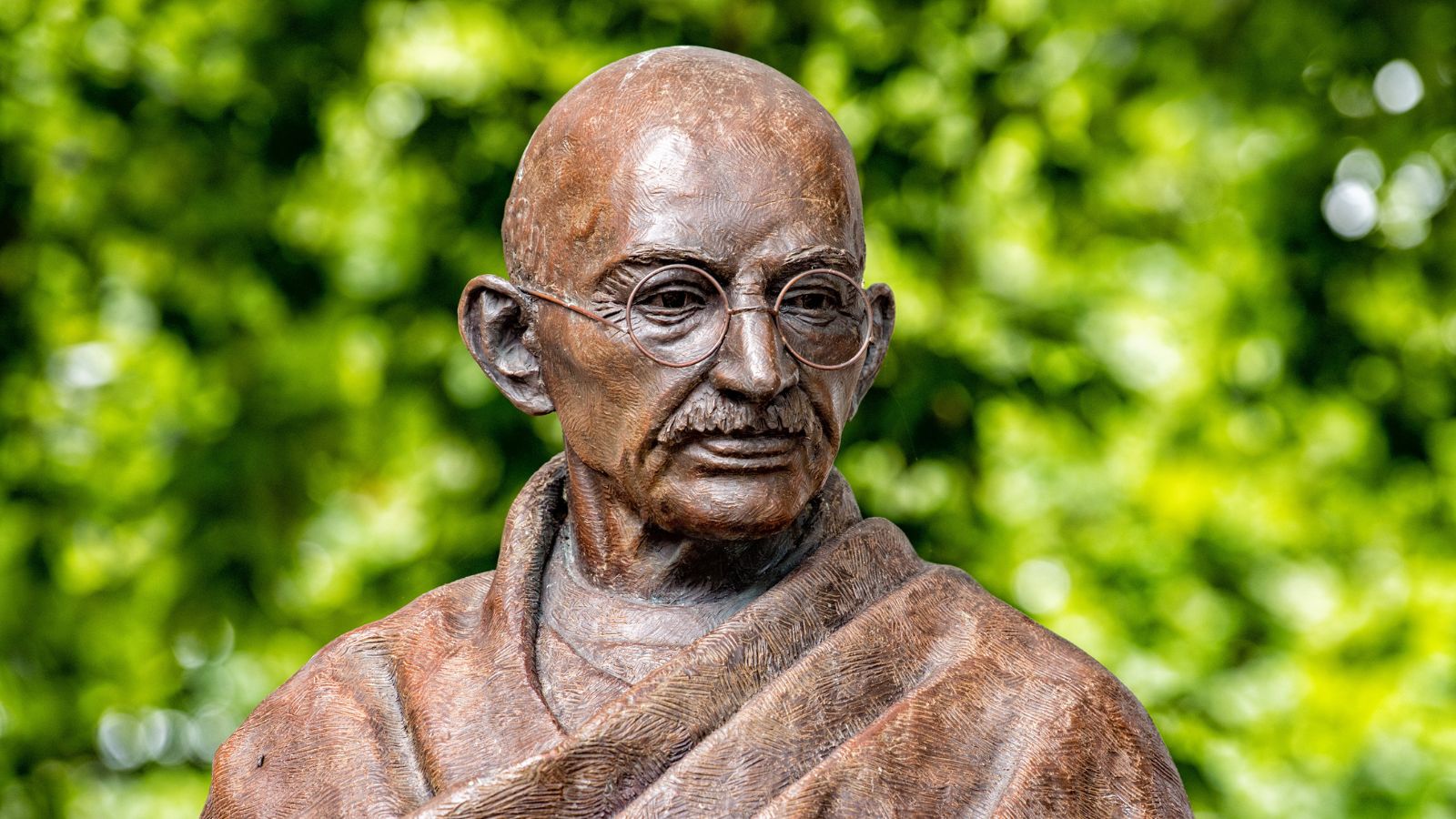History is filled with remarkable individuals whose contributions and stories often go overlooked or are underrepresented in mainstream education. This lack of awareness can lead to gaps in our understanding of important historical figures who have shaped the world in significant ways. This article highlights a list of influential people from history that everyone should know more about.
George Washington

George Washington was the first president of the United States and a leading figure in the American Revolutionary War. He played a key role in creating the U.S. Constitution and was well-known for his leadership skills and establishing precedents for the presidency.
Nelson Mandela

Biography writes, “Nelson Mandela was the first Black president of South Africa, elected after time in prison for his anti-apartheid work. He won the Nobel Peace Prize in 1993.” He spent 27 years in prison for his anti-apartheid activities and then became a key figure in the South African government.
Mahatma Gandhi

As leader of the Indian Independence movement against British rule, Mahatma Gandhi became an influential figure in politics. He was known for being peaceful when it came to his movement, and this inspired many other peaceful global movements and civil rights activism. Gandhi was assassinated in 1948 at Birla House, New Delhi.
William the Conqueror

William the Conqueror was the first Norman king of England, following the Norman conquest. He is known for establishing the feudal system in England and for bringing many cultural and administrative changes to the country. He is most famous for winning the Battle of Hastings in 1066.
Rani Lakshmibai

As queen of Jhansi, Rani Lakshmibai was a leader in the Indian Rebellion of 1857. Today, in history, she’s seen as a symbol of resistance against British colonial rule in India. Rani Lakshmibai will always be known for her bravery and martyrdom in battle.
Anne Boleyn

Famous for being the second wife of Tudor king Henry VIII, Anne Boleyn was executed after being accused of adultery, incest, and treason. There were also rumors circulating that she was a witch. Her marriage to Henry VIII prompted a reform in the Church, which completely changed English religion.
Constantine the Great

Constantine the Great was the first Roman emperor to convert to Christianity. He helped endorse the religion and influenced its spread. His religious reforms greatly affected the structure of the Roman Empire. He also founded Constantinople, which later became the capital of the Byzantine Empire.
Suleiman the Magnificent

Suleiman the Magnificent was the longest ruler of the Ottoman Empire, and he had control over huge spans of land. For example, the World History Encyclopedia writes, “Hailed as a skilled military commander, a just ruler, and a divinely anointed monarch during his lifetime, his realm extended from Hungary to Iran, and from Crimea to North Africa and the Indian Ocean.”
Wilhelm II

He was the last German emperor and King of Prussia, leading up to and during World War I. It was Wilhelm’s policies and leadership styles that influenced the war, as many did not like his political climate. He abdicated from the throne after Germany’s defeat.
Cyrus the Great

As the founder of the Achaemenid Empire, Cyrus the Great established Persian control over significant territories. He is best known for his policy of respect for the culture and religion of his conquered lands. Cyrus the Great introduced many administrative systems that influenced later empires.
Chandragupta Maurya

Chandragupta Maurya was the founder of the Mauryan empire in ancient India. He’s most famous for unifying India under one rule and his governance and policies in India. His adviser was Chanakya, who was an ancient polymath, author, and philosopher.
Catherine de’ Medici

Britannica tells us that Catherine de’ Medici was the queen consort of Henry II of France. She played a pivotal role during the French Wars of Religion, as she was known for her efforts to mediate between Catholics and Huguenots. Her reign saw lots of conflict, power struggles, and the St. Bartholomew’s Day Massacre.
Charles Darwin

National Geographic reminds us that Darwin wrote a book called On the Origin of Species, which shocked many people at the time of its publication in 1859. This was because he suggested the world was much older than the 6,000 years most people thought it was. Much of his work was influenced by his travels across the world.
Queen Elizabeth I

Queen Elizabeth I reigned for many years and during periods of religious and political change. During her reign, she was responsible for defeating the Spanish Armada and establishing Protestantism in England. Queen Elizabeth I ruled from 1558 to 1603. She was also known as “the Virgin Queen” because she never married.
Karl Marx

Karl Marx co-authored The Communist Manifesto, which was a book to advocate socialism and communism as an alternative to capitalism. Marx and his book influenced numerous labor movements worldwide. His theories also helped form the basis for Marxist theory, which significantly impacted global politics.
Julius Caesar

Known for being one of the most famous emperors of Rome, Julius Caesar played a critical role in the transition of Rome from a republic to an empire. He had many military conquests but was assassinated due to fears of becoming too powerful and tyrannical.
Leonardo da Vinci

Leonardo da Vinci made many contributions to art, science, and engineering during the Renaissance period. He created some of the most famous artworks in the world, such as the Mona Lisa and The Last Supper. Many of his notebooks were full of scientific diagrams and engineering sketches, which reflected his contributions to society in those areas.

